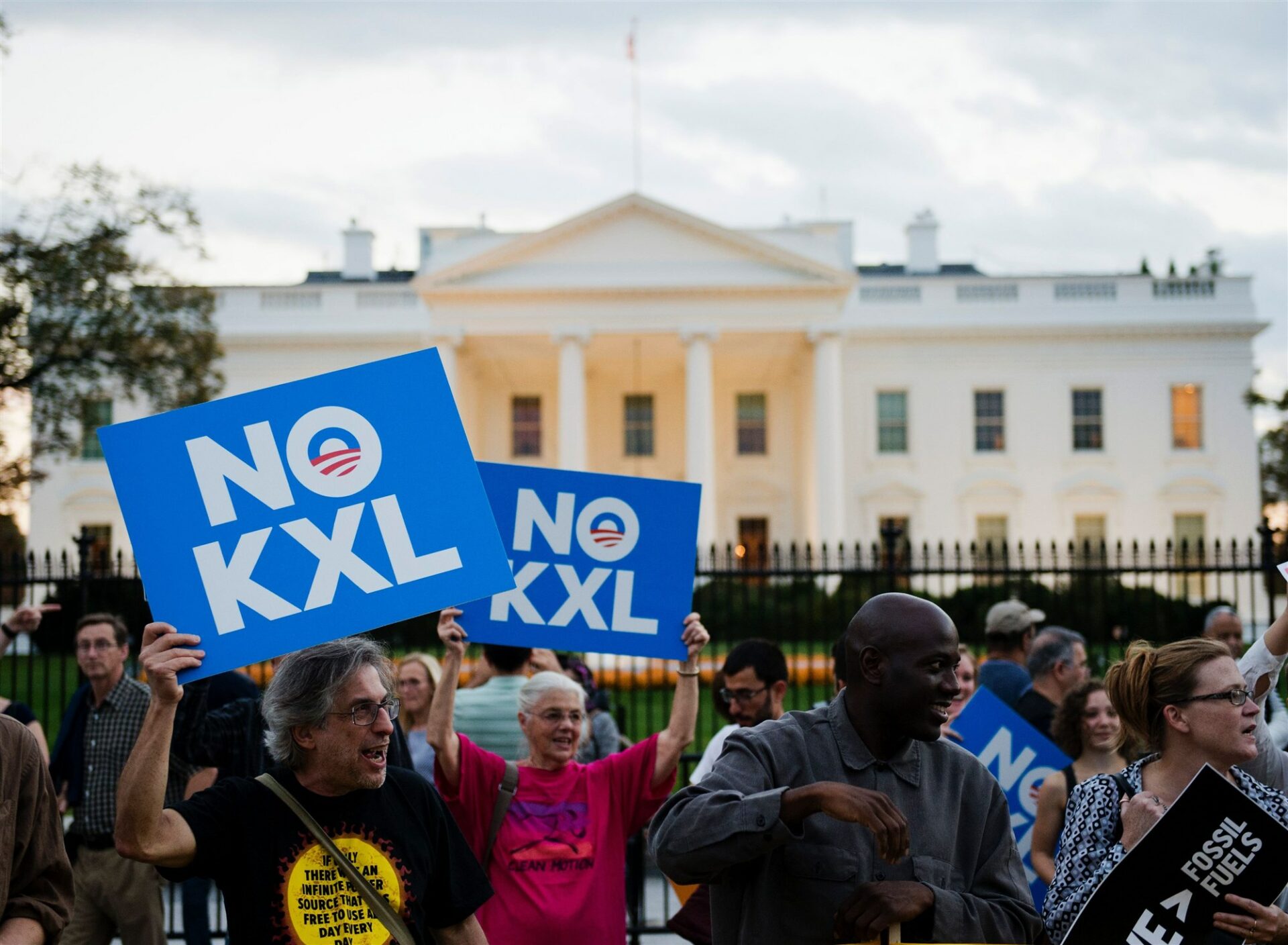CLAIM: The New Yorker claims that protests against the Keystone XL pipeline have been successful in protecting the environment:
The Keystone fight was successful in stopping that pipeline, at least so far. … The delay has been very useful: it has meant eight hundred thousand barrels a day of the dirtiest oil on earth not flowing down through Nebraska.
RATING:
False
FACT CHECK:
Refusing to build the Keystone XL pipeline will do absolutely nothing to protect the environment or reduce the demand for oil. In fact, it will make transporting the oil that is taken from the ground more dangerous and less environmentally friendly.
Hundreds of thousands of barrels will still be produced every day – and all of that oil will have to be transported some way, whether by rail or truck, which are far riskier and less environmentally friendly means of transportation than pipelines.
Pipelines safely deliver 99.99% of fuels transported without incident. In fact, a recent analysis found that rail was “over 4.5 times more likely to experience an occurrence when compared to pipelines.” Shipping oil via pipeline also has environmental benefits, including a significantly smaller carbon footprint. Researchers at the University of Alberta calculated that pipelines result in 80 percent fewer greenhouse gas emissions than rail alternatives.
The U.S. Department of Transportation’s Pipeline and Hazardous Materials Safety Administration (PHMSA) concludes that pipelines “enable the safe movement of extraordinary quantities of energy products to industry and consumers, literally fueling our economy and way of life.”
PHMSA also says pipelines are “one of the safest and least costly ways to transport energy products.” Further, PHMSA says pipelines alleviate the need for other, less safe means of transportation:
“It would take a constant line of tanker trucks, about 750 per day, loading up and moving out every two minutes, 24 hours a day, seven days a week, to move the volume of even a modest pipeline. The railroad-equivalent of this single pipeline would be a train of 225, 28,000 gallon tank cars.”
In the United States, there are more than 2.6 million miles of pipelines that “safely deliver trillions of cubic feet of natural gas and hundreds of billions of tons/miles of liquid petroleum products each year,” according to PHMSA.
Protests against the Keystone XL Pipeline – and pledges to stop it – are counterproductive. Pipeline opposition efforts, if successful, only make the transportation of oil less safe and less environmentally friendly.

